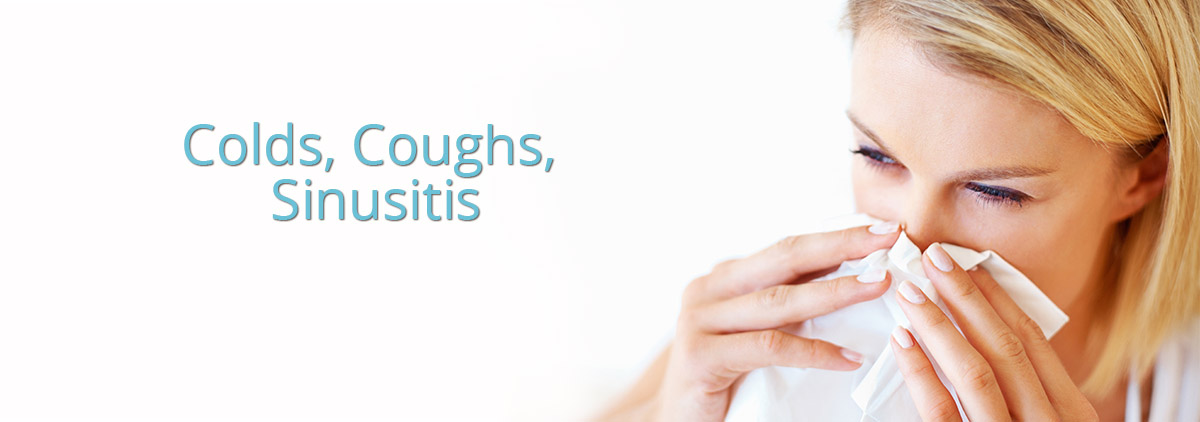Respiratory infections are some of the most common complaints at a clinic. The common cold is characterised by runny nose, sneezing, headache, fever, nasal congestion, cough and body aches. Sinusitis is the infection of the spaces inside the bones of the face which leads to nose, facial pain and headache. Allergic rhinitis is a highly prevalent respiratory condition which is associated with asthma and sinusitis. It involves nasal itching, obstruction and sneezing.
Acupuncture and Chinese medicine have been used for over 2000 years to treat various respiratory conditions (Ref: 1). The treatment principles involve balancing, unblocking channels, harmonising Qi (Vital Force) and Blood. However, more studies are necessary to prove the efficacy and safety of acupuncture and Chinese medicine for these conditions.
Research
One systematic review (Ref: 1) of randomised control trials was conducted to evaluate the effectiveness of safety of acupuncture on common colds and its symptoms. This review suggests that a significantly positive benefit is obtained from the acupuncture therapy.
Another systematic review (Ref: 2) of randomised controlled trials was conducted to assess the efficacy and safety of Chinese herbal medicine for post-infectious cough. Findings suggest that, compared with placebo or western convention medicine, Chinese herbal medicine could effectively improve cores symptoms of post-infectious cough.
A multi-centred randomised controlled trial (Ref: 3) was conducted to test the effects of acupuncture on 534 participants with allergic rhinitis in Korea and China. This study showed a significant reduction in the symptoms of allergic rhinitis after acupuncture treatment compared to sham acupuncture or no treatment.
References
- https://www.ncbi.nlm.nih.gov/pmc/articles/PMC5882456/
- https://www.hindawi.com/journals/ecam/2013/906765/
- https://www.ncbi.nlm.nih.gov/pmc/articles/PMC3139975/





